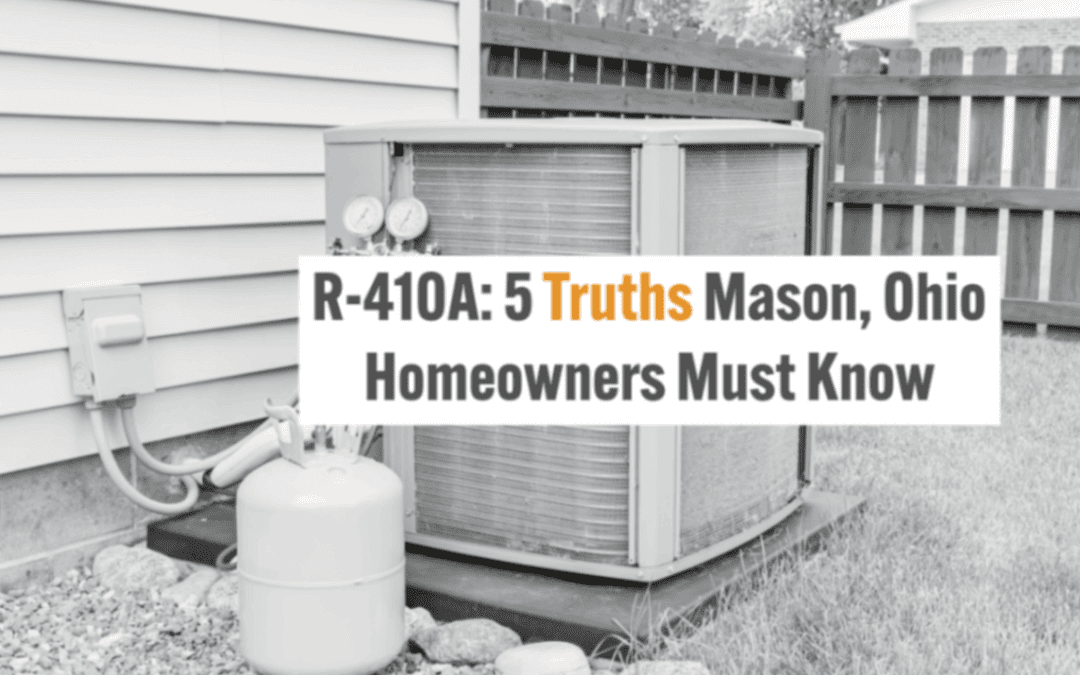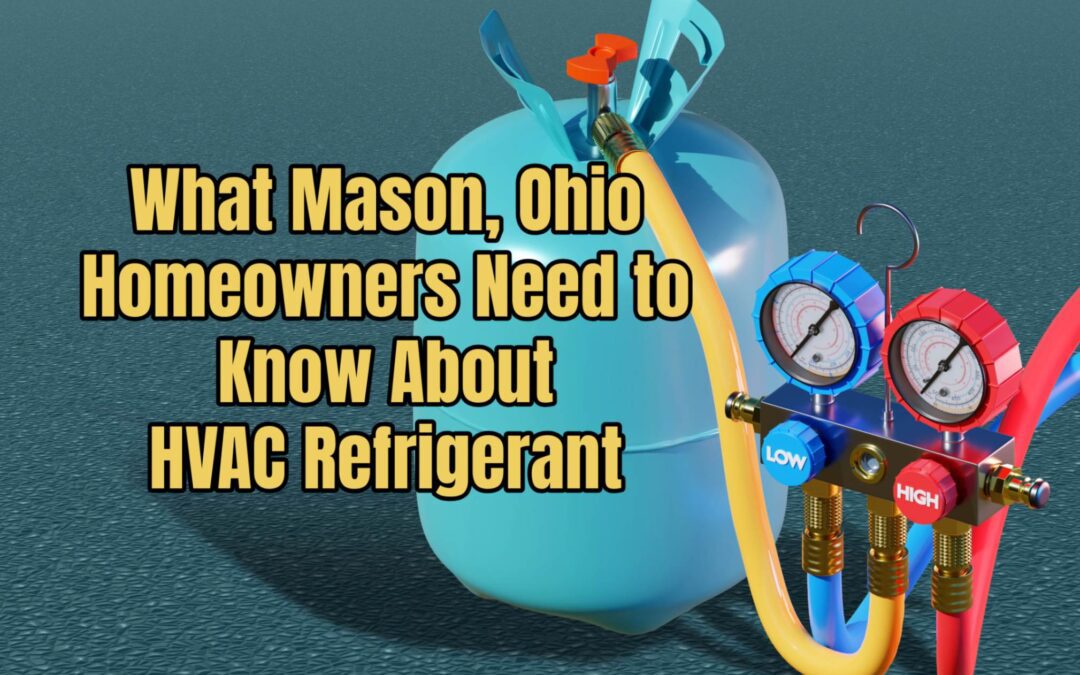It is important to understand that homeownership entails a great deal of responsibility. One of the most essential tasks you’ll have as a homeowner is maintaining your home’s heating, ventilation, and air conditioning (HVAC) system. Therefore, it’s critical for homeowners to have a basic understanding of how their home’s HVAC system functions. In addition, homeowners must be familiar with the mechanics of their house’s HVAC system. After all, this piece of equipment is what allows you to feel comfortable throughout the year! To assist our knowledgeable and trusted experts at Mason Heating & Air, we’ve compiled a list of three must-know facts about your HVAC system in order for it to operate at peak efficiency and longevity.
1. What Is the Definition of the Acronym HVAC?
Heating, ventilation, and air conditioning are the three primary functions of your home’s climate control system, often known as your HVAC system. These three functions of your residential HVAC system work together to guarantee that the temperature and humidity in your home are appropriate all year round. Heating refers to the use of heat to raise the temperature of your home so that it may be made warmer, while ventilation refers to the exchange or refreshment of air within your house, and air conditioning refers to the cooling aspect of the HVAC system using refrigeration equipment. Since Your HVAC system is one of the largest consumers of energy in your home, every homeowner needs to grasp the role of each of these functions. Doing so will allow you to better understand how your HVAC system maintains your house at the perfect comfort level, regardless of the outdoor temperature.
2. What Are the Different Types of HVAC Systems?
There are currently four primary types of HVAC systems. A split system, hybrid system, duct-free system, and packaged system. The primary difference between these HVAC systems is the size, aspects, and methods in which they use to condition and distribute air throughout your home. Keep in mind that the best HVAC system for your home will be determined by several criteria, such as the size of your house, the climate where you live, and your personal heating and cooling preferences. The following are brief descriptions of each system to help you determine which one is appropriate for you, your house, and your family.
- Split System: The most popular HVAC system in the U.S. is a Split System. It includes an outdoor condenser and compressor unit, as well as an indoor evaporator coil unit. They can be used for both heating and cooling, and they come in a range of styles, including single-stage, two-stage, and adjustable speeds.
- Hybrid System: A hybrid system is a form of split system that heats and cools your home using both an electric heat pump and a furnace/ AC. Because the electric heat pump is more efficient than the gas furnace, this system saves you money on your energy bill and is ideal for people who reside in areas with mild winters.
- Duct-free Systems- Unlike ducted systems, duct-free systems don’t rely on ductwork to distribute air throughout the house. Instead, they feature tiny independent components that are installed on walls or ceilings. Duct-free technologies are an excellent alternative for homes without existing ductwork or who want to improve their energy efficiency overall.
- Packaged System- This type of HVAC system is similar to a split/hybrid setup, but the most significant difference is that all of the components are housed in a single device. Packaged systems are most commonly used in smaller houses or for specific HVAC needs such as zoned heating and cooling. More often than not, this type of system is frequently installed on the roof or on a concrete slab adjacent to your residence. Overall, they’re an excellent alternative for homes with little room for an HVAC system.
3. How Do I Keep My HVAC System Running Smoothly?
Regular maintenance is a must for your HVAC system to work correctly and efficiently. Some activities are easy enough for the average homeowner to perform, such as checking and replacing the air filter regularly. However, it is beneficial if your HVAC system is inspected and maintained by an expert at least once a year to verify that everything is functioning correctly. Other things you should be aware of include:
- Keep your outside unit’s surroundings clean of debris and foliage. This will help to prevent the device from overworking, allowing for increased airflow.
- Check the evaporator coils on a central air conditioner to make sure they’re clean. Dirty evaporator coils can lead to the system working harder than needed, resulting in greater energy expenses.
- Examine your ductwork for leaks and repair any that are discovered. If you see an increase in your monthly utility bill, leaks in your ductwork are likely to blame. If you don’t know how to seal your ductwork correctly, our technicians are happy to help!
If you learn how your house’s HVAC system works, you may help it last longer and operate properly for many years to come. In addition, by being proactive and conducting regular maintenance on your system, you may avoid more extensive and more costly repairs down the line.
Nevertheless, if you have any questions regarding your HVAC system or want to book a service appointment, contact Mason Heating & Air today at (513) 496-2477, or schedule an appointment online now by clicking here! We’re delighted to assist you in keeping your home pleasant all year round!







